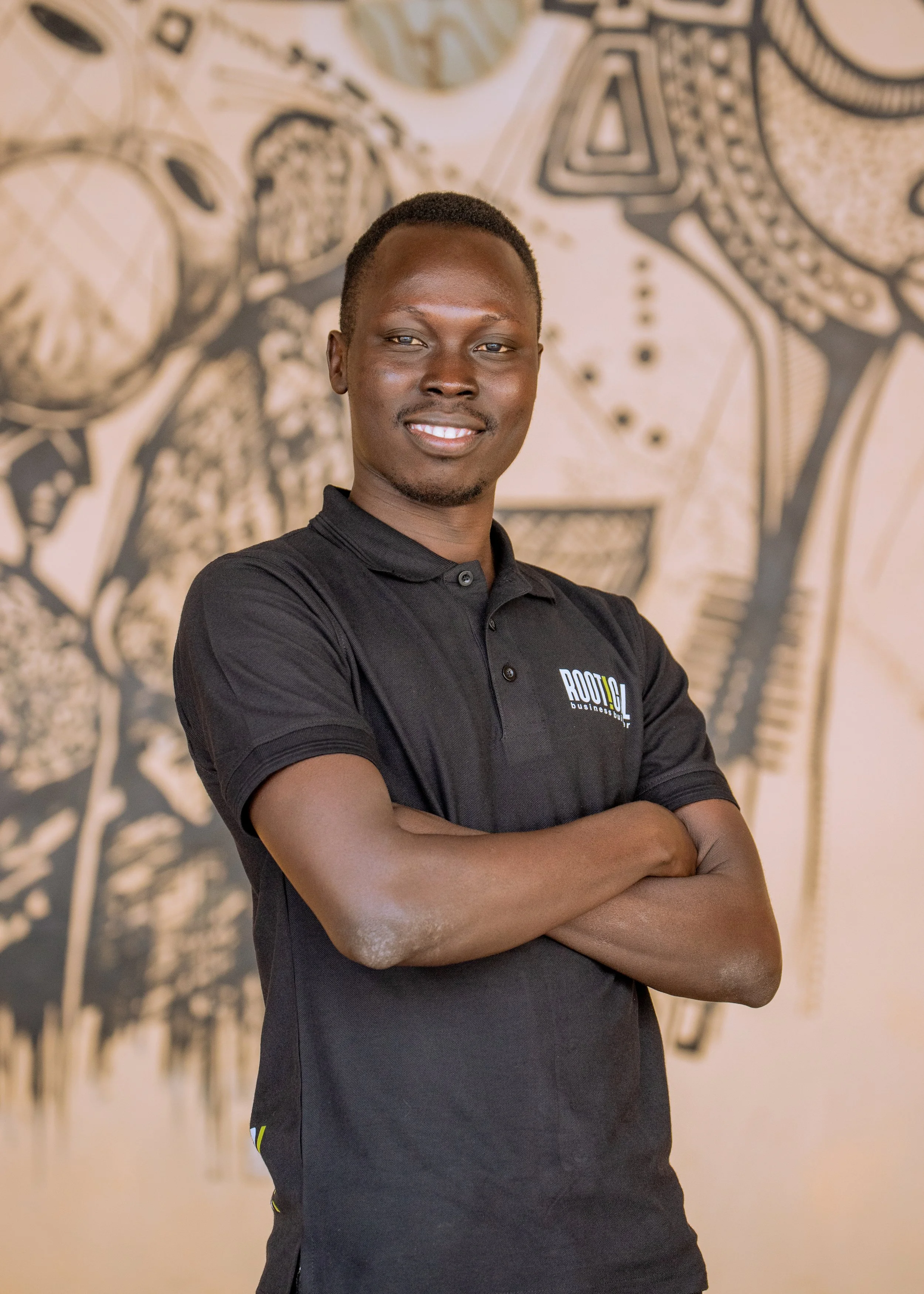Transforming Ownership to transform the Food System
Despite the growing popularity of regenerative and organic practices, the future of our global food system is still seriously compromised. Large-scale, agro-chemical companies (Big Ag) and industrial, processed food companies (Big Food) have established interests in maintaining the status quo, as their products and practices dominate global agricultural markets. If we want to transform the food system, we need to transform agri-food business ownership.
Agrochemicals are a cornerstone of conventional agriculture and the failed green revolution. In an attempt to control pests and diseases, they also kill beneficial life and biodiversity below and above ground. Their widespread use generally leads to environmental degradation, soil health issues, and alarming public health hazards. As the demand for organic food rises, agrochemical giants face potential market shifts that could threaten their business models.
When the global food system will really start shifting towards regeneration and agroecology, steward ownership will prove to be a crucial piece of the puzzle — to ensure purpose lock-in and avoid mission drift for regenerative and organic agri-food businesses.
Redesigning Ownership
Steward ownership is an ownership model that is intended to protect the company and its mission from degenerating. By re-designing both financial and governance models, it is lauded as the best hack of capitalism. Others describe steward ownership as the ultimate form of impact investing.
More often than not, we see so-called social enterprises that, as they raise more money in subsequent fundraising rounds, not only dilute their shares but also their initial values and purpose. Financial ownership and shareholder supremacy per definition push the company to short-term profit maximisation at the expense of long-term stakeholder value. Steward ownership addresses the flaws of venture capitalism (VC), which are more often than not leading to mission drift.
The two key principles of steward ownership, enshrined in the company’s legal DNA.
Building profit-for-purpose companies
The steward ownership model has two main principles. First, entrepreneurs are at the steering wheel of the company. Entrepreneurship equals ownership. Decision making power in a company belongs to the entrepreneurs and other key stewards involved in the day-to-day pursuit of the company’s mission. In contrast, classic VC touts absentee financial owners who often do not even know the context the company is operating in, or do not actively contribute to the company’s success.
Second, profits are a means to an end and not an end in itself. Profits are a means to have more impact and pay out a fair share to all contributors. Profits are not the single, end goal of a business. Investors, like founders, will still earn a fair return on their investment. But, unlike the hunt for unicorns and disproportionate returns, we discuss beforehand what a “fair share” means and how this “structured exit” could be achieved for all financial shareholdes. Once that happens, their shares are bought back (this is called “redeemable equity”) and the company now owns itself. From then onwards, future profits can be fully reinvested in growing its impact and/or donated to further its mission in society more broadly. Like Patagonia or Ecosia are doing.
Separate governance and financial ownership
To prevent mission drift, several mechanisms are implemented: financial rights and decision power are strictly separated. Decision power is no longer proportionate to how much money one puts on the table.
Finally, a key component is the golden shareholder, who holds veto powers and is both legally and morally obliged to block any changes to the company’s legal DNA that would undermine its original purpose and steward ownership set-up.
This ensures a purpose lock-in. The entity responsible for exercising this veto is the one tasked with safeguarding the company’s purpose — kind of like an external conscience and mission guarantor.
On October 31st, 2024, Rootical Ventures Uganda Ltd. has been established as Uganda's and probably (East) Africa’s first steward-owned company.
Redefining Success
Let’s look at a practical example.
For Innocent Ociti (photo), success transcends financial results or personal wealth.
He is a co-founder of EcoLogic, aiming to address the last-mile distribution of organic inputs. When discussing what success would look like for EcoLogic, Innocent formulated this compelling answer, which sets the tone in the EcoLogic shareholder agreement:
“The goal is to reach that golden point where we can afford to pay more to the local input producers and charge less to the farmers. It would improve the livelihoods of the input suppliers we work with, and make the transition to agroecology more affordable to smallholder farmers in Uganda and, thus, accelerate that transition and our impact.”
It should be clear by now: lowering prices for customers, paying more to suppliers, and reducing margins drastically once the company is mature… this kind of purpose-driven decision would basically be impossible with a classic, extractive ownership model.
Uprooting the food system
Our vision at Rootical is to accelerate the transition to a food system that is regenerative, fair, and inclusive — which we cannot achieve without scrutinising business ownership.
We believe that regenerative organic agriculture and agroecology are the best paradigms for our future food systems. When applying the principles of agroecology to business ownership, steward ownership emerges among the most solid, undecaying and indefectable models.
It supports purpose-driven entrepreneurship and allows for a more thoughtful and inclusive approach to growth. We have to think like good ancestors: evidence shows that steward-owned companies are built for the long term, they are six times more likely to celebrate their 40th year in business.
Early indications suggest that the food system is about to start shifting drastically, with all major players making regenerative claims. As the system evolves, we anticipate resistance from the establishment, the global agricultural and food corporations. We should expect them to push back against these changes as they have a lot of interest in maintaining things as they are, in a market they fully control.
The ventures we are developing at Rootical and the purpose-driven food companies of the future at large, will be under all kinds of pressure as a result of this push-back. With steward ownership they are grounded on solid foundations that shield them from external pressures, such as those from financial short-termism or hostile take-overs by large agribusinesses.
This strong foundation helps protect their environmental and social purpose and allows the company to unfold its reason of being in perpetuity.
Such a solid base not only safeguards founders from mission drift but also promotes better talent retention, higher productivity and profitability. By aligning everyone towards a common goal, we set ourselves up for success in transforming the food system. The concept of steward ownership, which has been around since 1888, demonstrates through extensive research that companies following this model are significantly more successful. Spearheaded by Purpose and with thousands of steward-owned companies globally, this approach shows a commitment to long-term goals and effectiveness in driving systemic change.


